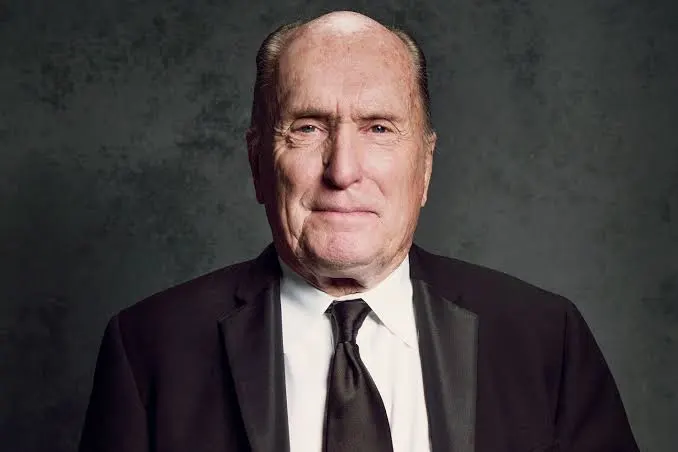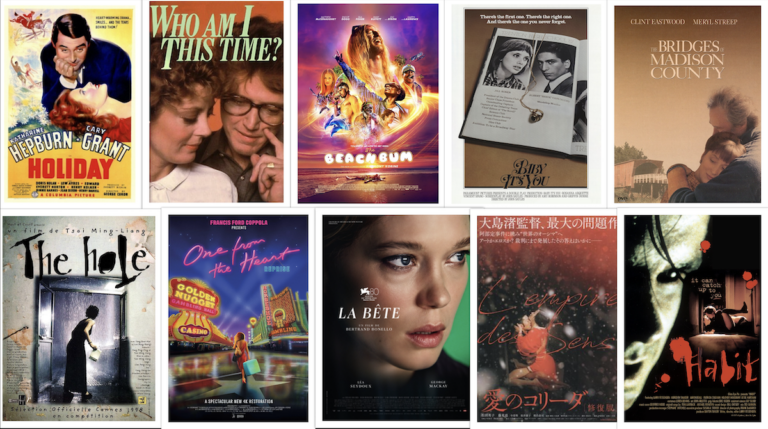“Winter Soldier” Drones On and On
Even the most passionate fans of the comic book film have to admit that the genre has gotten a little tired. This is not a new perspective, nor is it a universal one, but it seems to be a sound concern. Granted, critics have been assailing the supposed routine soullessness of the superhero blockbuster for years now, long before we even entered our current “golden age” of this genre. The problem has only become more apparent.
Marvel works from a formula, and for a while, seemed to be dedicated to making its films tonally and structurally uniform under the pretense of a shared, consistent universe. Meanwhile, the DC Comics/Warner Brothers machine has decided that it can replicate and exploit the unique vision of Christopher Nolan’s “Dark Knight” trilogy, applying the same humorlessness to “Man of Tomorrow” in order to make the least inspiring, least exciting, and least fun Superman film to ever invade the gray scale.
It is under these circumstances that “Captain America: The Winter Soldier” comes as a breath of fresh air. Under scrutiny, it operates around the same basic principles of any Marvel film: its sense of humor occupies the same range of charming inoffensiveness; its villains are of the same ultimately forgettable ilk. Yet despite all this, maybe due to the now deafening blandness of its fellows or because of the uncommon intelligence of its premise, “Captain America: The Winter Soldier” is able to stand out.
The film follows the character of Steve Rogers/Captain America (Chris Evans), who, following the events of “The Avengers” has become a full-blown government operative: Marvel’s very own Navy SEAL. But when he finds out about SHIELD’s plans to create a series of comically sized drones (The helicarrier from “The Avengers?” That’s a stealth weapon now) for the purposes of extrajudicial assassination, he speaks out. After a suspicious attack on a top SHIELD administrator is linked to Rogers’ apartment, he is forced to go on the run, along with ex-KGB agent Black Widow (Scarlett Johansson) and ex-paratrooper and Stymphalian Bird, Sam Wilson (Anthony Mackie). Along the way, they unearth a conspiracy, and race home to participate in the prescribed climax, which is both overstuffed and a little empty. Also, there is a superhuman assassin named the Winter Soldier, who, though an important character in Captain America’s comics and the focal point of much of the film’s marketing, is revealed to be somewhat incidental to the film, his secret identity carrying almost no weight despite the swelling music that envelopes the unmasking. Ultimately, these narrative currents are really just part of the well-oiled machine that delivers the film’s action sequences and talking points, all of which are sharp, slick, and inoffensive.
As a political film, “Captain America: The Winter Soldier” isn’t very interesting, and those going out of their way to compare it to the ’70s conspiracy films for which Robert Redford (here, a SHIELD top gun) is perhaps most famous are giving the film too much credit. Ultimately, the inner-workings of SHIELD’s corruption aren’t surprising, nor, given the tendency of comics and their cinematic equivalents to furiously orbit the status quo, is the corruption likely to be too long lasting. In truth, the film’s largest revelation stands to neuter the political commentary that the picture conjures and returns the universe of Marvel to the standard black and white, moral and immoral dichotomy that is so importantly absent from the issues this film wants to discuss, the world it wants to convey.
As an action movie, though, the film is at times brilliant. Its directors Anthony and Joe Russo, who have transitioned marvelously from the small screen, stage a number of breathtaking scenes of combat whose punches land with the sort of bone-breaking sound that you might not expect from a film whose hero wields the most patriotic frisbee ever thrown by a clean-cut dudebro. The film’s violence ultimately works best on the small scale, in an elevator scuffle, or an early raid on a hijacked ship, which is haunted by the shadow of Paul Greengrass’ “Captain Phillips,” even if that film relied more on long-range precision shooting than karate to meet its objectives. The bigger set pieces are less satisfying, but in a way that remains unsurprising. They lack any unique signature or color, caught up in their obligation to create a seemingly costless spectacle in a film that is so ostentatiously concerned with the costs of things.
Now, it is worth saying that, on the whole, “Captain America: The Winter Soldier” is a film that is very easy to like and enjoy. It stands among Marvel’s best offerings, even if just on the merit of it actually seeming to care and to try. After the second “Thor” film, it would have been hard for any Marvel film to seem all that bad, and “Captain America: The Winter Soldier” bursts into the room with such energy and sincerity that the picture really does earn its keep. Certainly, when examined, the film begins to crumble, entangled in the sweeping statements of its on-the-nose political commentary (“This isn’t freedom. This is fear” is such a remarkably hollow platitude to base an argument around), or the feeling that its relevance required no more thought than the latest ripped-from-the-headlines “Law and Order: SVU.”
In the wake of “The Dark Knight,” “Captain America: The Winter Soldier” is a somewhat poor excuse for a post-9/11 superhero film, or a political thriller, but it will keep your attention admirably, and Chris Evans has such a wonderful smile.







Leave a Reply